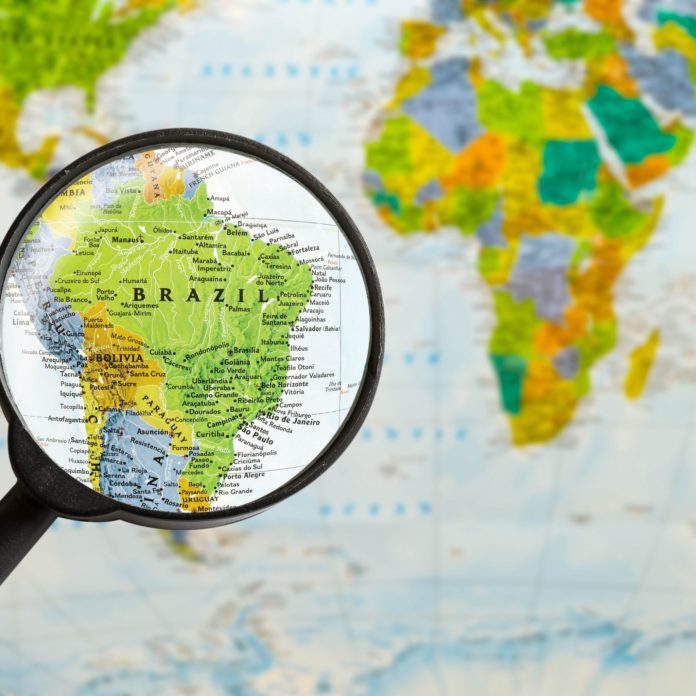The ‘5G City’ project involves implementing wide 5G coverage for the city of Curitiba, the capital of Parana state
TIM Brasil and Huawei have signed a collaboration agreement to develop a “5G City” initiative in the country, the Chinese vendor said in a release.
The initiative, which was announced during Mobile World Congress 2022, has the aim to realize a smart city through 5G networks, predict the evolution of technology, monitor networks, and improve user experience. The first pilot city will be the capital of Parana state, Curitiba. The agreement is for two years and can be extended, while the first test is expected to be finalized by December 2023.
TIM and Huawei are also working together to build a Massive MIMO (M-MIMO) network. For the 5G City project, the M-MIMO network can maximize the 5G transmission speed with ultra-low latency, Huawei said.
The 5G City project involves implementing wide 5G coverage for the city. In addition to monitoring the network, this project aims to improve user experience by developing devices and solutions to provide high-quality services but with lower energy consumption and cost.
Cao Ming, vice president of Huawei’s wireless product line said, “We are glad to have this opportunity to work with TIM to develop a high quality 5G network in Curitiba. Our aim is to help TIM lead the industry in the development of 5G networks.”
In December of 2021, TIM confirmed that Ericsson and Huawei will be the suppliers of equipment for its 5G network.
The operator’s CTIO, Leonardo Capdeville, confirmed that the intention of the company is to launch the 5G service before the deadline defined in Brazil’s auction rules, which is July 2022.
Both vendors participated in proofs-of-concept with TIM, in Santa Catarina and Minas Gerais, respectively. However, Capdeville suggested that other vendors could be selected in future phases of the 5G rollout.
Brazil raised a total of 47.2 billion reais (currently $9.3 billion) in its recent 5G spectrum auction.
Through this auction, the government awarded spectrum in the 700 MHz, 2.3 GHz, 3.5 GHZ and 26 GHz bands.
The government noted that the total raised includes the prices for the right to use licenses, and investment commitments tied to each band as well as the premium paid.
The country’s main mobile operators, Vivo, Claro and TIM, secured 5G spectrum as well as telecoms operators Algar Telecom and Sercomtel. Also, six new entrants secured 5G spectrum in the auction.
Vivo spent over 1.7 billion reais to acquire 5G licenses, followed by Telefonica’s Vivo, with over 1.1 billion reais and TIM, with an overall investment of over 1 billion reais. The government confirmed that these three telcos acquired spectrum in the 2.3 GHz, 3.5 GHz and 26 GHz bands.
The rules previously approved by telecommunications watchdog Anatel stipulate that 5G should be deployed across Brazilian state capitals by July 31, 2022.
Brazilian cities with more than 500,000 inhabitants will have 5G by July 31, 2025, while the deadline for the rollout of the service in locations with more than 200,000 inhabitants is July 31, 2026. Also, Brazilian cities with more than 100,000 inhabitants will have 5G by July 31 2027, and the service will be available in locations with more than 30,000 inhabitants by July 31, 2028.
The rules also oblige operators to cover the vast northern Amazon region with broadband connectivity, chiefly using optic fiber cables laid in rivers, and build a separate secure network for the federal government.
Brazilian operator Claro, owned by Mexican telecoms giant America Movil, had previously launched limited 5G services in capital Brasilia.
The telco also launched a very limited 5G service in the city of Sao Paulo.
The telco said that it is using spectrum in the 2.3 GHz band while the initial services are being offered through Non-standalone architecture.

